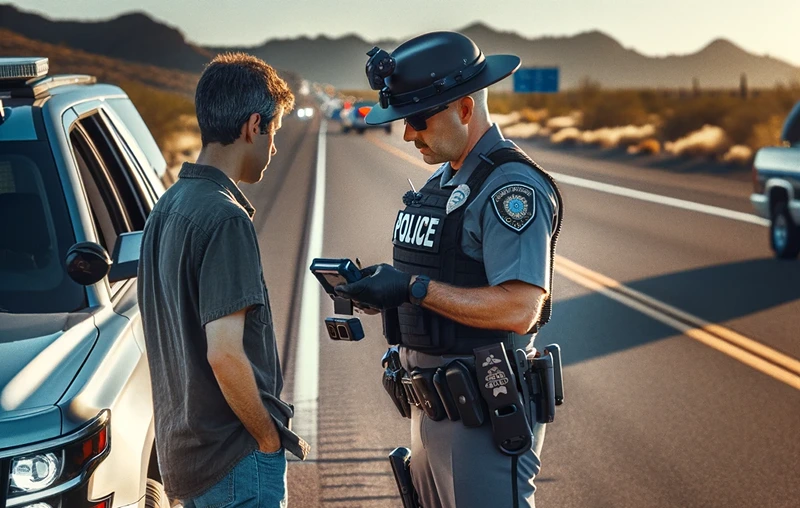
The Importance of Police Body Camera Footage in DUI Cases
Police body cameras have become an increasingly common tool in law enforcement over the years, providing an objective recording of incidents and interactions between law enforcement officers and the public. In DUI cases, body camera footage can play a crucial role in providing critical evidence for both prosecutors and defense attorneys.
What is Body Camera Footage?
For those who are unfamiliar with body camera footage, it is essentially a video recording that is captured by a camera worn on an officer's uniform or mounted on their patrol car. This footage is often used as evidence in criminal cases, providing an objective record of what actually occurred during an interaction between a law enforcement officer and a member of the public.
Admissibility of Body Camera Footage in DUI Cases
While body camera footage can be an important piece of evidence in a DUI case, it is not automatically admissible in court. The defense has the opportunity to challenge the footage on several grounds, such as questioning its relevance, the manner in which it was obtained, or its integrity.
Challenging Body Camera Footage in Court
One common way to challenge the admissibility of body camera footage is to question the manner in which it was obtained. For example, if the officer did not have a valid reason for stopping the individual or did not properly administer a field sobriety test, the footage may not be admissible in court. Additionally, if there are issues with the video itself, such as poor lighting or difficult-to-hear audio, it may be challenged on the grounds of relevance or reliability.
The Importance of Properly Obtained and Maintained Footage
It's important to note that body camera footage must be properly obtained and maintained in order to be admissible in court. This means that officers must follow specific protocols when using their cameras, such as activating the camera during all interactions with the public and properly storing and preserving the footage. Failure to follow these protocols can result in the footage being challenged in court.
Body Camera Footage as Evidence in DUI Cases
Assuming the footage is admissible in court, it can be a powerful piece of evidence in DUI cases. For example, body camera footage can provide objective evidence of the individual's behavior, such as slurred speech or difficulty standing. Additionally, the footage can be used to show the officer's behavior during the interaction, such as whether they followed proper procedures during the field sobriety test.
The Role of Defense Attorneys in Challenging Body Camera Footage
Because of the potential impact that body camera footage can have in a DUI case, it is imperative that defense attorneys understand how to properly challenge it in court. This may involve questioning the relevance of the footage, challenging its reliability, or highlighting issues with the manner in which it was obtained.
Conclusion
In conclusion, body camera footage can be a powerful tool in DUI cases, providing objective evidence of both the individual's behavior and the officer's conduct during the interaction. However, its admissibility in court is not automatic, and attorneys must be prepared to challenge it on various grounds. By understanding how body camera footage can be properly obtained and maintained, as well as its potential value as evidence in DUI cases, both prosecutors and defense attorneys can effectively use this tool to seek justice.
police-body-camera-footage-dui-case
Social Plugin